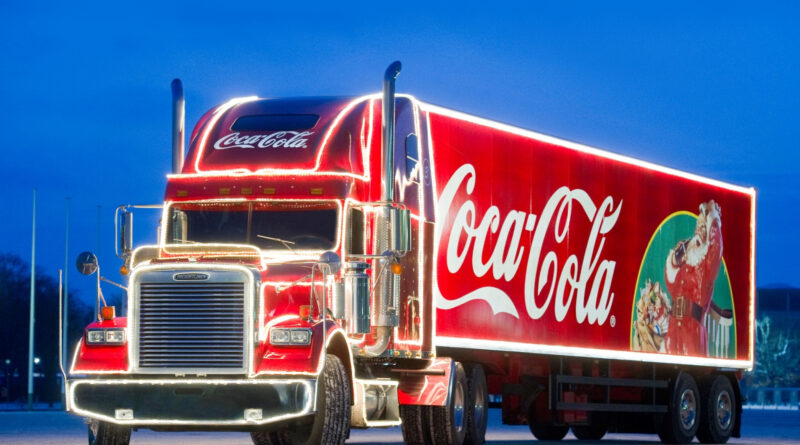From Great to Good…
Goos Kant is a part time full professor at the Department of Econometrics and OR, as well as partner and member of the supervisory board at ORTEC. His research interests include logistics and supply chain optimization.
One Monday afternoon, I received a phone call from my ORTEC colleague, who is based in Atlanta. He was really struggling with the implementation of a routing solution at Coca-Cola, despite all the efforts we have put in the optimizer. Since Coca-Cola has worked with static routes for ages, the step towards having completely dynamic routes every day is quite a big one. Their input data turned out to be of less quality than expected so that added an extra challenge. My colleague asked: “What should we do?” Planners are not that easy to convince, and at Coca-Cola Enterprises USA alone there are 200 planners in 25 planning centers, not to talk about the 10,000 drivers.
We were getting nervous. After some brainstorming, we came up with two ideas. First, we included a “cluster factor” in the optimizer. The user can change this parameter to any value between 0 and 1, where 0 means staying close to the current static routes, and 1 means a complete dynamic result. Our second idea was to have a workshop with a competition element: let teams of planners plan against each other with the challenge ‘what is the best implementable plan’” Planners would have a chance to change and experiment with the cluster factor and some other parameters. During this workshop, teams started to convince each other on why a certain solution was feasible and acceptable, rather than debating with us about the quality of the data and the optimizer. The final result was that Coca Cola started with the cluster factor close to 0, but this factor increased quite fast towards 1.
Econometricians are very good at coming up with brilliant solutions for the wrong problem
This anecdote is a typical example of how Operations Research works in practice. We are all focused on obtaining optimal results, taking more and more restrictions and data into account, applying the latest modeling techniques and checking robustness. This is all very true, but we (including myself) greatly underestimate the mindset of the people involved in logistic processes. Similarly, we assume that all data is well organized and has perfect quality. As a result, I have seen various failures of great operations research projects where the optimization result was perfect, at least in theory.
Econometricians are very good at coming up with brilliant solutions for the wrong problem. They make five big assumptions first and then start calculating with five digits behind the dot (quote Prof. Den Hertog). A company supervisor of a master student said to me last week: “It is better to be roughly right than exactly wrong.” We always claim to go from Good to Great (also the title of a leading management book), but we econometricians have to learn to go down from Great to Good. Try to get something in place and running first, before you switch on all the whistles and optimizers. Walk before you run. Avoid big bangs in the implementation process and go for continuous improvement projects.
How did the situation at Coca-Cola end? The implementation was very successful at last. They achieved 45 million dollars in yearly savings, increased customer satisfaction and had considerable emission improvements. The project became a finalist for the prestigious Franz Edelman Award (for best operations research implementation worldwide) and is currently implemented in all continents, with over 17,000 trucks and drivers involved. Furthermore, they have implemented new optimization solutions, e.g. for loading, maintenance and warehouses. So, if you receive a nervous phone call on a Monday afternoon, try to think small instead of big. Sometimes you need to start with something Good, before you can make a big leap towards Great.
Text by: Goos Kant



